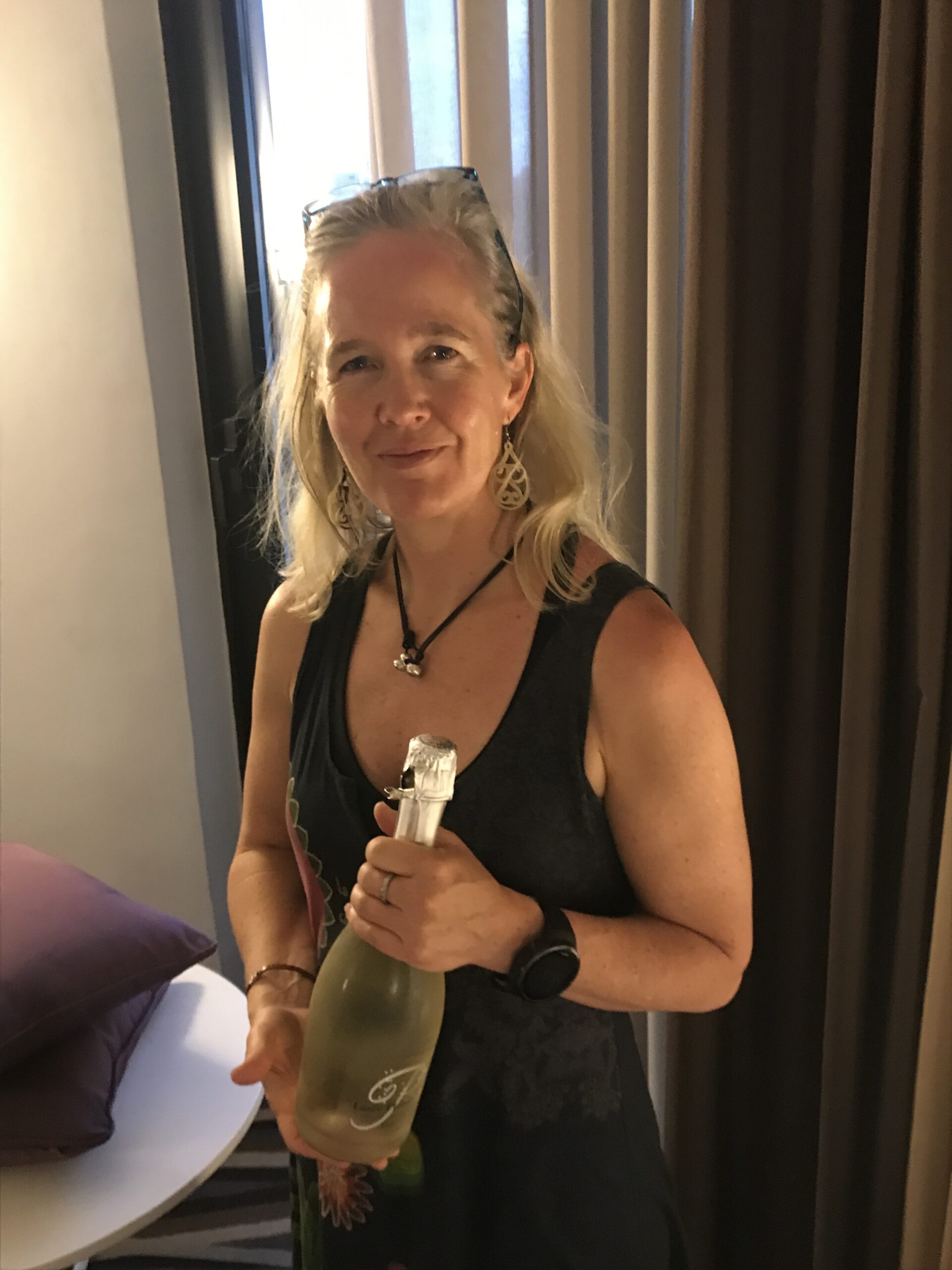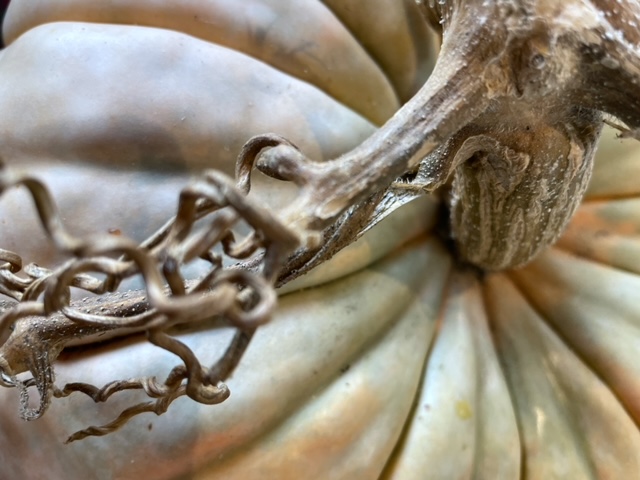Ross River Fever
There have been several outbreaks of Ross River Virus in the Geelong area recently. The infection is transmitted via mosquito, and symptoms frequently start appearing within a few days of being bitten, although it can appear out to several weeks later. Recovery will occur in time, but for some people, this can take several months just to feel ok, less alone recovered.
Symptoms can include:
- Fever and chills
- Aching muscles and tendons
- Joint pain, often with inflammation
- Fatigue
- Headache
From the perspective of a patient who came to me with this diagnosed by the hospital, the pain in hands and feet was intense, sudden, and without cease. Anti-inflammatory medication did little, and whilst it eased over time, the fatigue and pain remained two months after initial incident. This was a fit and healthy individual, and it is noted that those with less reserves of wellness or previous incidence of illness may fare even more badly.
Most people who are diagnosed at the end of working through every other possibility first. Low iron or post viral fatigue are often the initial diagnoses, but if you are experiencing sudden fatigue, and any other of the symptoms mentioned above, ask that you are tested for Ross River fever.
Treatment:
Medical response is able to offer only limited symptomatic relief, often just pain relief and anti-inflammatories, and in most cases, the expectation is that the patient will just eventually get better. In some cases, the convalescence can take up to two years.
Naturopathic support:
Treatment for this is to support the body’s natural ability to recover. This includes using diet to reduce inflammation, prioritising sleep to support healing, and introducing some exercise, as well as lifestyle suggestions such as cold water therapy – swimming in the ocean is a great option, but finishing a shower with cold water at home works well also.
Whilst all supplements are given on a personal and case specific basis, depending upon the stage of illness, degree of severity, and health of the individual, some of the basics of treatment include the following:
Immune Supporting Nutrients:
- Vitamin C, alongside bioflavonoids such as quercetin, can help with the building of immune support, reduction in pro-inflammatory cytokines, and work as an anti-viral. I often suggest taking a powder form, with a small dose several times per day, as one large dose can provoke gastric distress.
- Zinc is essential for immune function, wound healing, and healthy cell division. We rarely get enough zinc in our diet (does anyone eat oysters or pumpkin seeds every day?) and it also helps with absorption and function of other essential nutrients such as iron.
- Turmeric (Curcumin) is a potent anti-inflammatory and can help to reduce the swelling and pain in joints, which is a common issue with Ross River virus.
- Immune supportive herbs can include mushrooms (shiitake, reishi, coriolus), echinacea, andrographis and a variety of others, which need to be prescribed for the individual.
As with all Naturopathic support, care is taken to treat the patient for their individual need. With this in mind, it is important that the full case history is taken to understand previous immune health, gut health, and lifestyle. Following the acute stage of support, I work with supporting energy, reduction of pain and lingering issues such as neuropathy, and ensuring that the patient supports, rather than ignores, their long term health.
It is important to accept that being sick means feeling awful and to actually rest, as well as to take any nutrients and dietary support which may help you to recover. My hope is that with good care, good rest and appropriate individual support, you will be in a position to regain your full health more swiftly.
EA.
2/2/21



